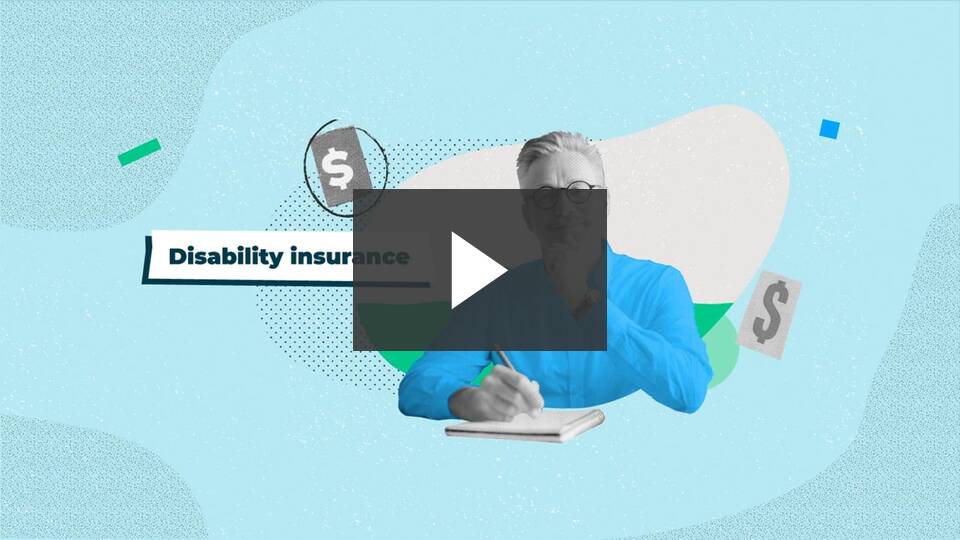What would you do if you were unable to work for the next year because of an accident? How would you pay your mortgage or car loan? How would you buy groceries or pay your utility bills?
The answer is Disability Insurance.
May is recognized as Disability Insurance Awareness Month, a time to bring attention to the importance of having disability insurance coverage. Disability insurance provides financial support to individuals who become unable to work due to illness or injury. In this blog post, we will explore the basics of disability insurance, its significance, and how it can benefit individuals and their families.
What is Disability Insurance?
Disability insurance, also known as disability income insurance, is a type of insurance that is designed to replace a portion of your income, typically around 50-70%, should you become disabled and unable to earn a living. Disability insurance is designed to protect your income, which is your most valuable asset. If you become sick or injured and are unable to work, disability insurance can provide financial support by paying a portion of your income until you are able to return to work.
Why is Disability Insurance Important?
Disability insurance is important because it provides financial security in the event of a disability. Most people rely on their income to pay for everyday living expenses such as rent, groceries, and bills. If you become disabled and are unable to work, your income will stop, and you may not be able to afford these expenses. Disability insurance can provide a safety net and help cover these expenses while you are unable to work. Learn more about why it’s important here.
Types of Disability Insurance
There are two types of disability insurance: short-term disability and long-term disability.
- Short-term disability insurance: Short-term disability insurance covers lost income for a short period, typically three to six months. This type of disability insurance is designed to cover temporary disabilities such as illnesses, injuries, and surgeries.
- Long-term disability insurance: Long-term disability insurance provides benefits for a longer period, anywhere from a year, 5 years, or even until retirement age. This type of disability insurance is designed to cover permanent disabilities that prevent you from working for an extended period of time.
How to Get Disability Insurance
Disability insurance can be obtained through your employer or purchased individually. Many employers offer disability insurance as part of their employee benefits package. If your employer offers disability insurance, you may be able to enroll during open enrollment or when you are hired. If your employer does not offer disability insurance, you can purchase an individual disability insurance policy. Individual disability insurance policies can be customized to fit your needs and provide coverage that is not tied to your employment.
Overall, disability insurance is an important type of insurance that provides financial support to individuals who become unable to work due to illness or injury. By providing income replacement, disability insurance can help cover everyday living expenses while you are unable to work. Whether you obtain disability insurance through your employer or purchase an individual policy, it is important to have this coverage in place to protect your income and financial security.
Check out this video from LifeHappens.org, or simply browse their site, for a more in-depth understanding of disability insurance.







